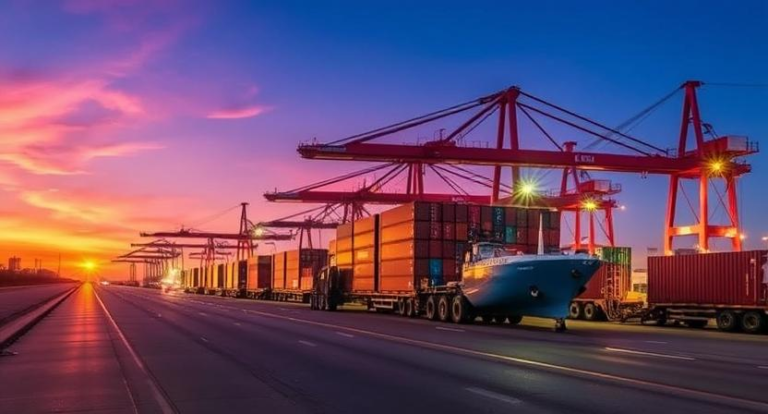Vietnam’s position as a growing global trade hub has made efficient cargo logistics a necessity for businesses engaged in import and export. With rising trade volumes, freight agents play a crucial role in ensuring seamless shipping operations, minimizing delays, and optimizing supply chain efficiency. This article explores how Vietnam’s freight agents contribute to smooth cargo movement and the strategies they use to overcome logistical challenges.
The Role of Freight Agents in Vietnam’s Cargo Logistics
Freight agents serve as intermediaries between shippers, carriers, and customs authorities, handling various aspects of cargo transportation. Their responsibilities include:- Booking and Coordination: Freight agents manage shipping schedules, coordinate with carriers, and secure optimal shipping routes.
- Customs Clearance Assistance: They ensure that all necessary documentation, including Bills of Lading, invoices, and export-import permits, comply with Vietnam’s trade regulations.
- Cargo Handling and Packaging: Proper packaging and labeling prevent damage and ensure compliance with international shipping standards.
- Freight Rate Negotiation: Agents leverage industry networks to obtain competitive freight rates for businesses.
- Real-Time Shipment Tracking: Many logistics firms use digital platforms to offer real-time tracking, keeping shippers informed about their cargo status.
Challenges in Vietnam’s Cargo Logistics
Despite advancements in logistics, several challenges persist in Vietnam’s cargo shipping sector:- Port Congestion: Major ports such as Cat Lai in Ho Chi Minh City often experience congestion, leading to shipment delays.
- Regulatory Complexities: Navigating Vietnam’s customs procedures and tariff structures can be time-consuming.
- Infrastructure Limitations: Although infrastructure improvements are underway, some regions still face challenges with road connectivity and warehouse availability.
- Weather-Related Disruptions: Seasonal typhoons and heavy rains can impact shipping schedules, particularly for maritime cargo.
How Freight Agents Overcome These Challenges
To mitigate logistical bottlenecks, freight agents employ the following strategies:- Multi-Modal Transport Solutions: Combining road, rail, air, and sea freight options to optimize delivery times and costs.
- Digital Documentation & Automation: The adoption of Electronic Bills of Lading (eB/L) and automated customs clearance systems reduces paperwork and speeds up processing.
- Optimized Warehousing & Distribution: Agents help businesses use strategically located warehouses to enhance inventory management and reduce transportation lead times.
- Advanced Risk Management: Predictive analytics and contingency planning minimize disruptions due to weather or regulatory changes.

